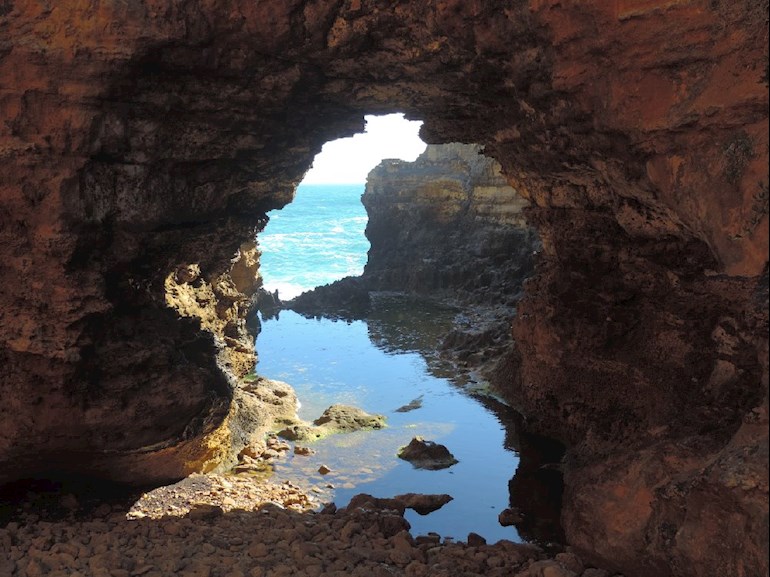The following advice is for people in good health and importantly, not those being treated for CLL. If you are undergoing treatment, then it is very important to provide your body with adequate water intake to keep your kidneys healthy and to flush out any toxins from the drug metabolism or dying CLL cells. In this situation, be guided by your health team.
"Everyone knows humans need water and we can’t survive without it. We’ve all heard we should be aiming for eight glasses, or two litres of water per day. (2 quarts for our US readers - Neil)
This target seems pretty steep when you think about how much water that actually is, and don’t we also get some water from the food we eat?
We asked five medical and sports science experts if we really need to drink eight glasses of water per day.
All five experts said no"
Read on for their detailed responses: theconversation.com/we-aske...
Given the importance for us to maintain good kidney health, I'll include the response from the nephrologist, Karen Dwyer, Deputy Head, School of Medicine, Deakin University: "You only need to drink to thirst. The best gauge of your hydration level is the colour of your urine. You should aim for light yellow in colour; if very dark then you're dehydrated and need more water; if clear (like water) then you don’t need so much water. Excessive water intake can be dangerous, particularly in those with heart conditions. The kidney has a remarkable ability to concentrate water so if you are “getting dry” the kidney will concentrate the urine and send a message to the brain to drink more."
Update: Does your water bottle tell you how much to drink? Here's when to obey your thirst instead
Good overview of:-
- Why we're told to aim for 2 litres a day
These recommendations apply to all beverages, not just water. Milk, tea, coffee and even alcohol can contribute to total daily intake.
Of course some of those are diuretics, meaning they'll make you urinate more often, so they won't be as hydrating (or healthy) as plain water.
Overall, beverages make up about 75 per cent of your daily fluid intake. The remaining 25 per cent comes from the food you eat.
- The science of thirst
Well, our bodies have developed a vital mechanism for that (to be sure we are drinking enough — thirst.
"The body has evolved very strong mechanisms to regulate all of this," Dr McCubbin says.
"In most cases, we can trust those mechanisms."
- When to go beyond thirst; There are exceptions to the "listen to your thirst" rule.
"For most people, thirst will get them to to where they need to go, and plain water should do the job in 95 per cent of cases," Dr McCubbin says.
abc.net.au/news/health/2024...
Neil

 .
.